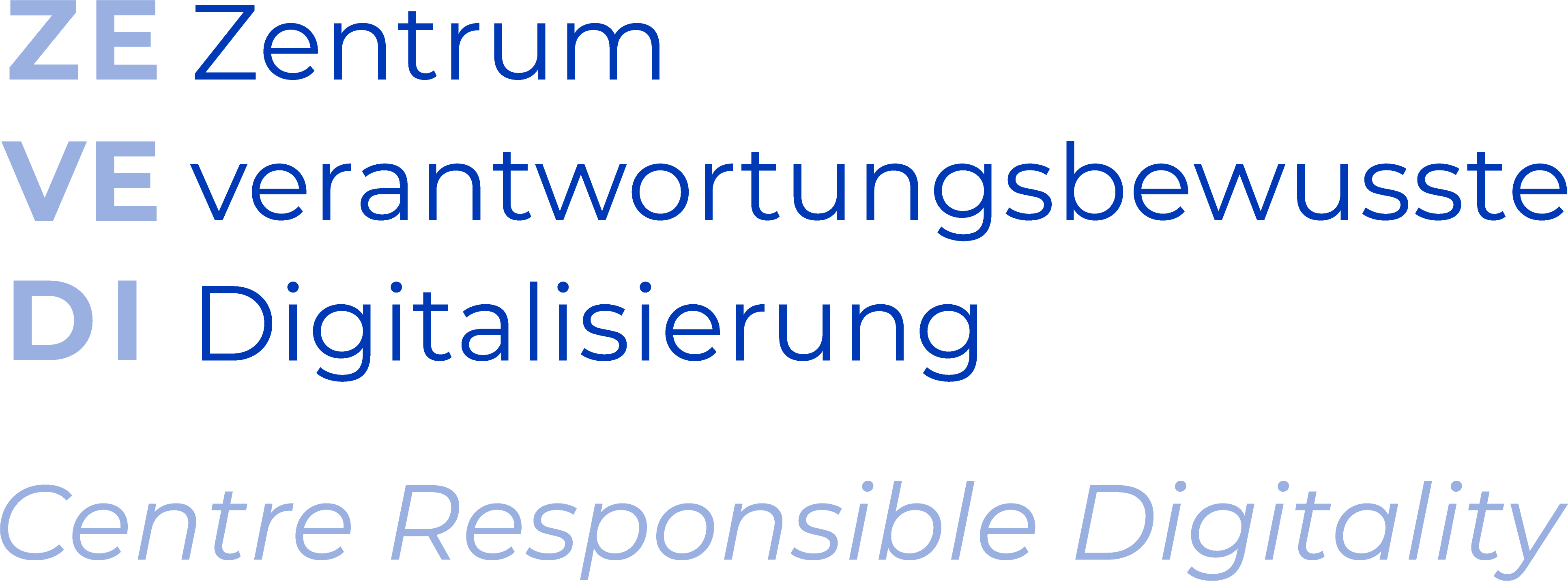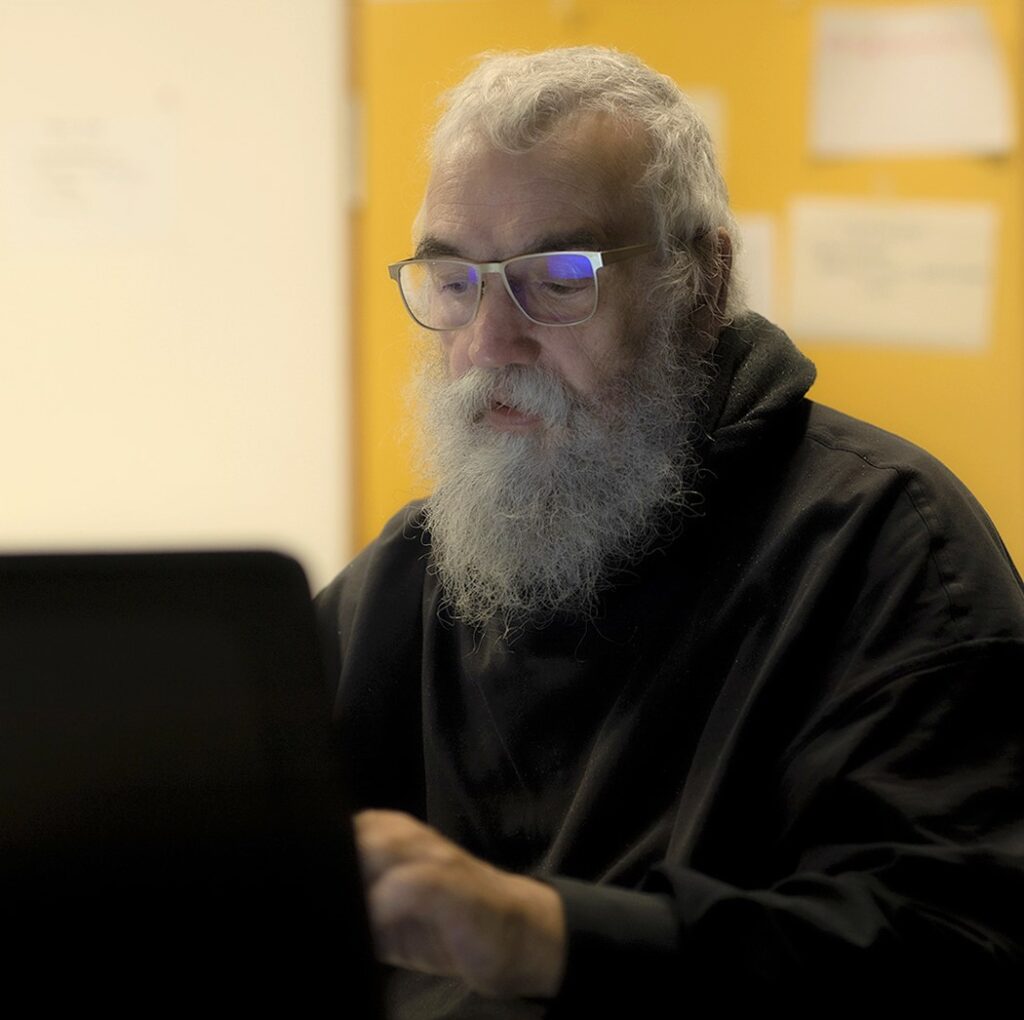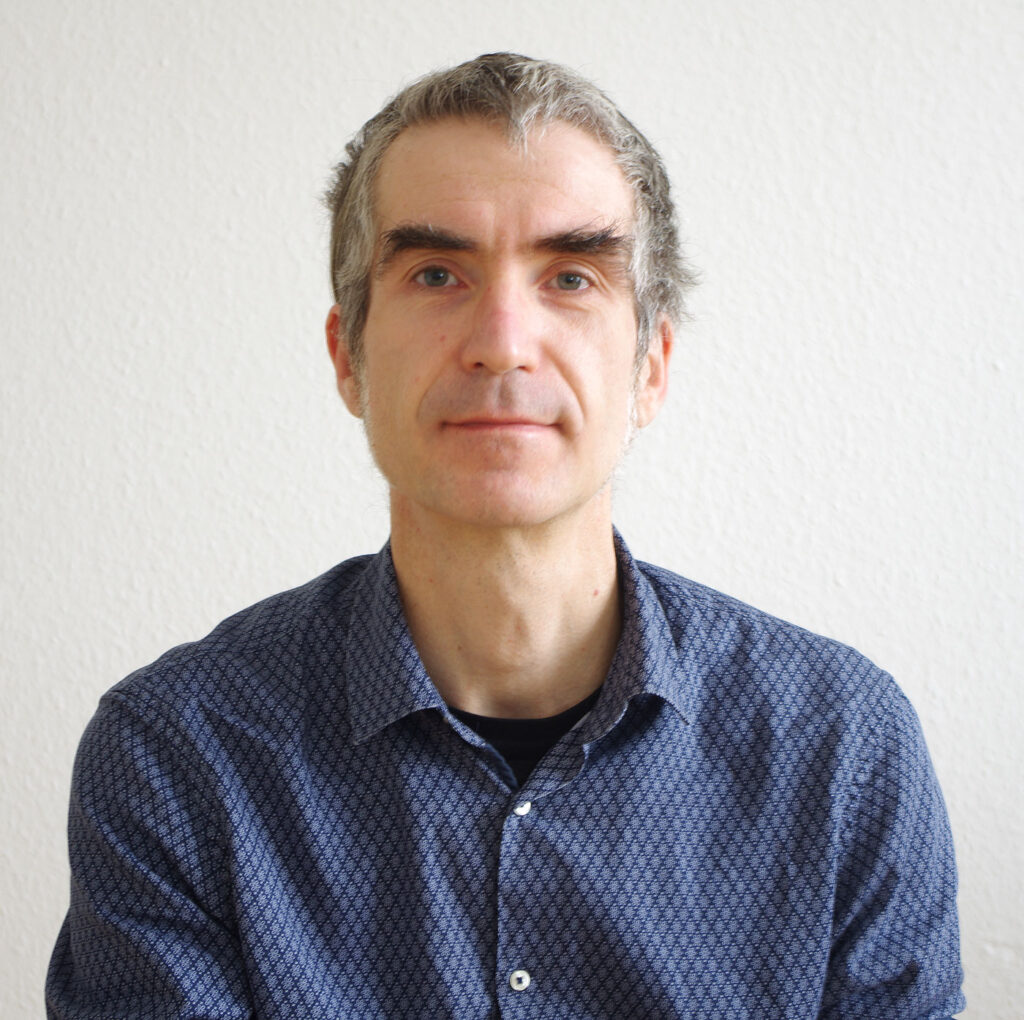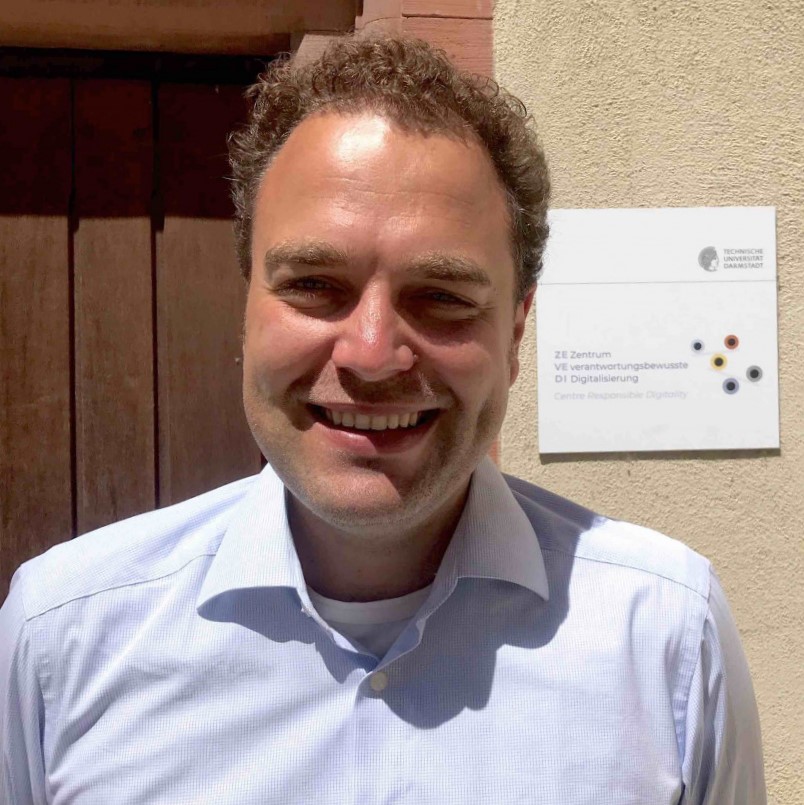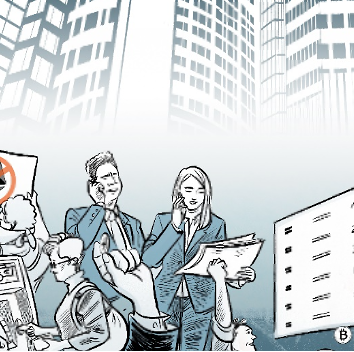
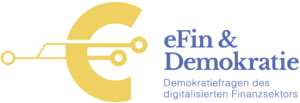
In the context of the discourse project Democracy issues of the digitalized financial sector – eFin & Democracy» ZEVEDI and the Mercator Foundation invite applications from journalists and media professionals.
With their expert knowledge and excellent practical experience, the Mercator-Journalists in Residence are important instigators for a broader discussion. They help to raise awareness for a topic that is underrepresented in public awareness so far. They help to connect the scientific public with media outlets and to develop an effective science communication. We sustainably involve them in our work, welcome their expert knowledge and positions and invite them to contribute to our network via lectures, discussions or other events.
For a period of four weeks, the Mercator– Journalists in Residence will be given the freedom and opportunity to devote themselves to a research project, a journalistic or even artistic piece that addresses the digital transformation of the financial sector and the social and political issues it is associated with. They will be paid € 3,500.
All journalists and media professionals are cordially invited to apply as Mercator-Journalists in Residence. This applies to classical journalists in the narrower sense as well as to artists in the broader sense.
Current
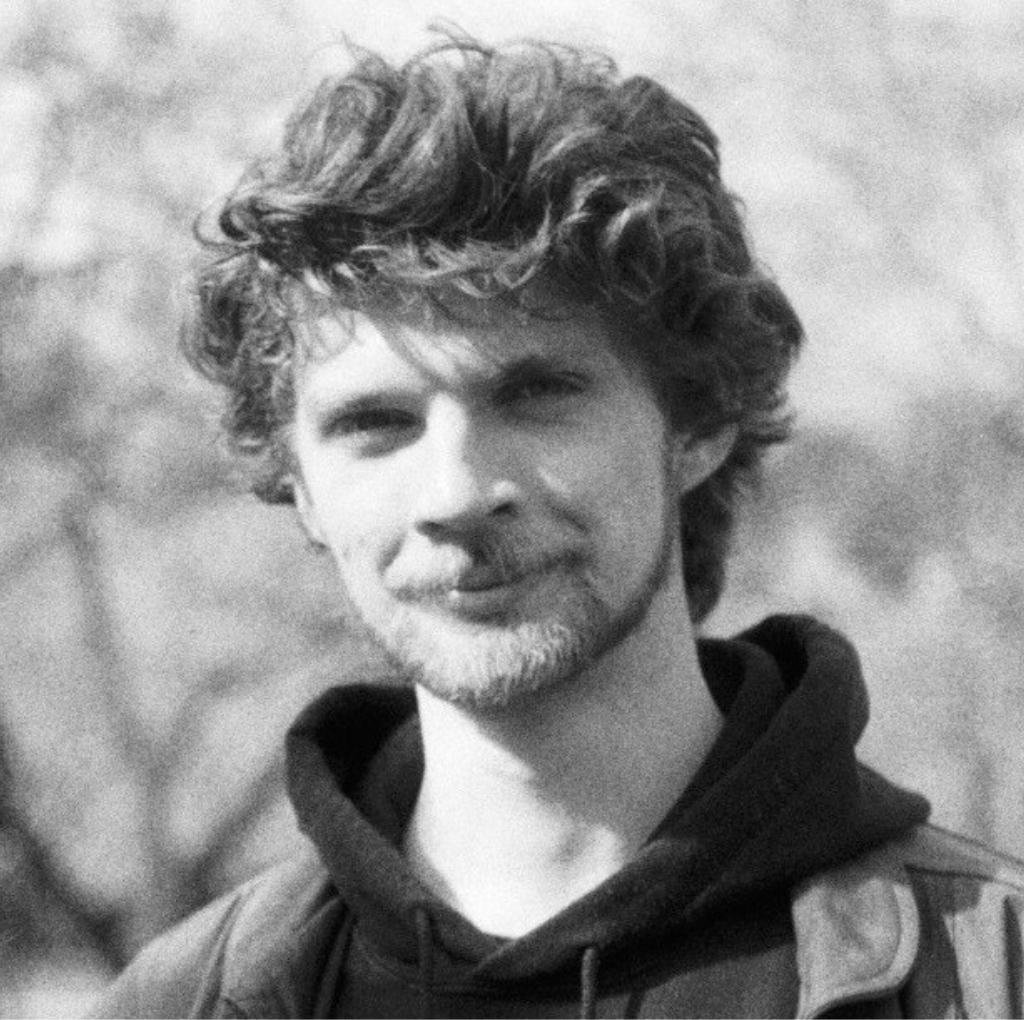
Maximilian Henning is a freelance EU correspondent on digital policy.
He writes for German and European media on digital regulation, infrastructure and surveillance. He regularly reports for netzpolitik.org and Tagesspiegel Background. He has lived in Brussels since 2023 and observes developments in the European Union up close, whether in the Parliament, the Council or the Commission.
At ZEVEDI, Maximilian focuses on the digital euro. In a series of articles, he wants to analyse who wants what from this major project. What is the EU planning, what is the ECB planning? What demands are banks or payment service providers putting forward, what are the positions of the various EU member states on the digital euro? Just as the project itself has largely flown under the radar so far, little is known about the actual interests different players have.
Alumni
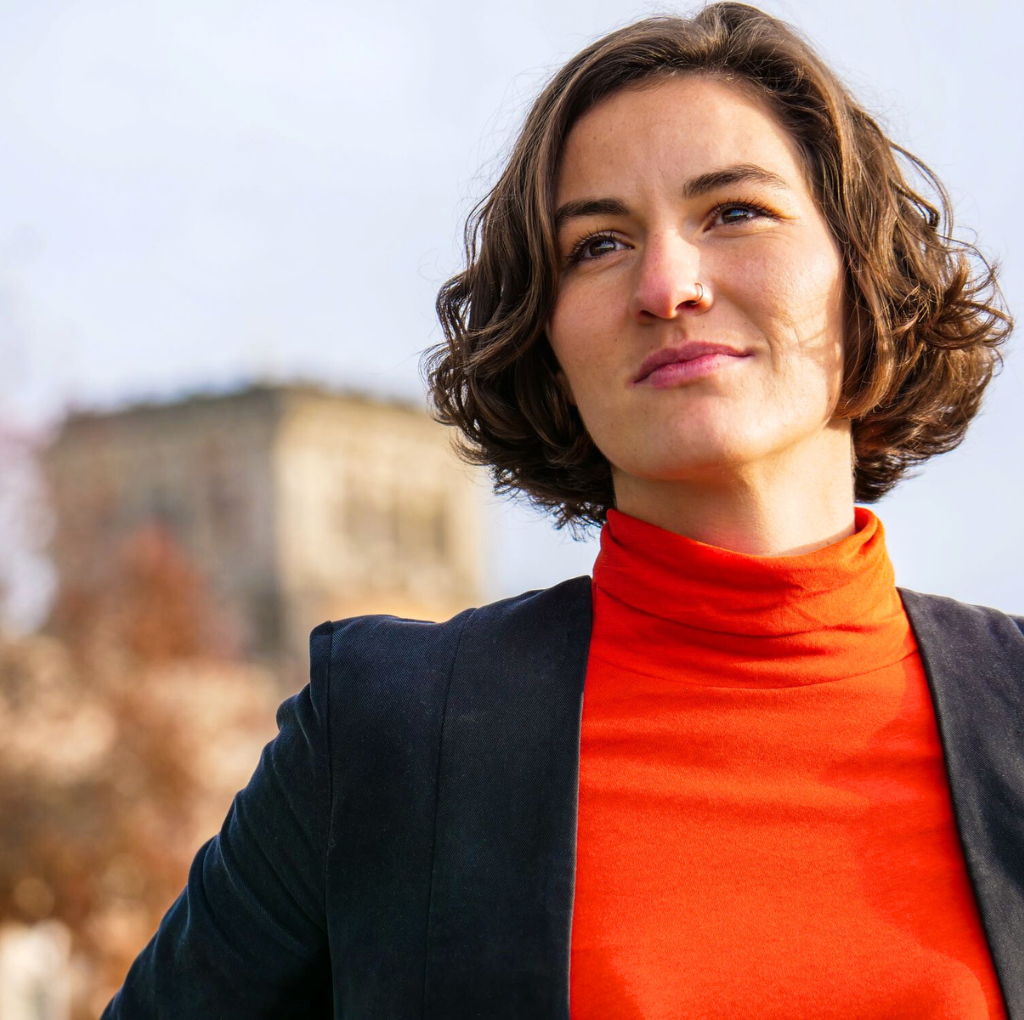
Marie Bröckling
Freelance Data Journalist
Confiscated Cryotcurrencies And the Judiciary
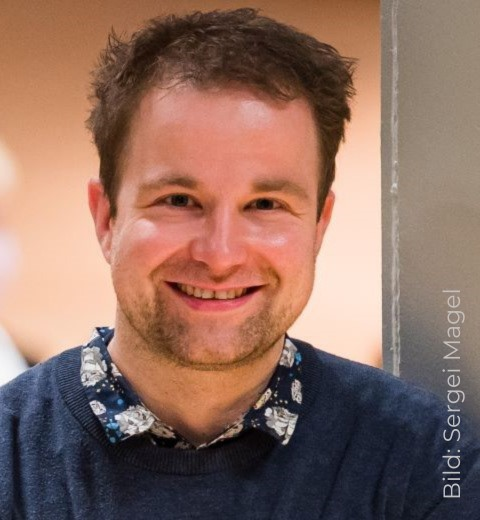
Stefan Mey
Freelance IT-Journalist
Governance Models of Leading Cryptocurrencies
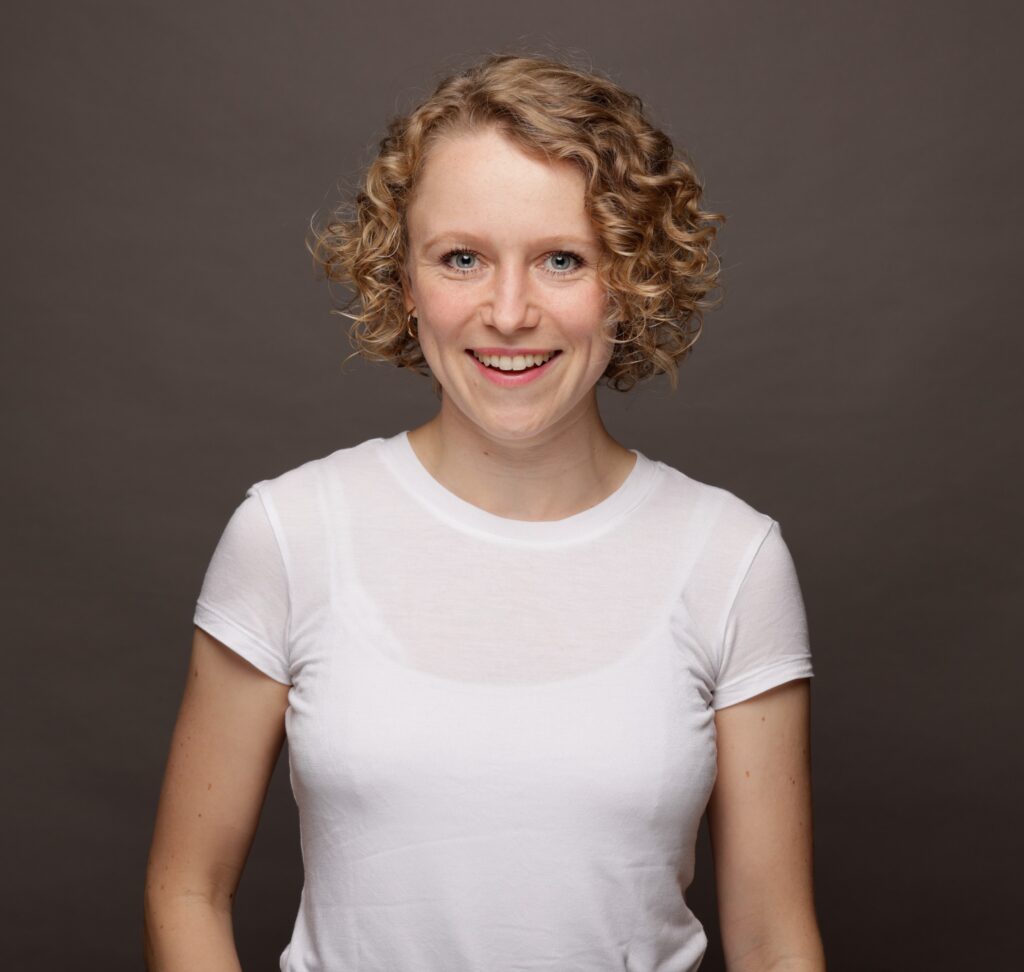
Anissa Brinkhoff
Finance Journalist and Podcaster
The Digitalisation of the Financial Sector, Financial Literacy and the Gender Gap
Rainer Lind
Video Artist
Individual Perspectives on the Digitalized Finance Sector – Video Portraits
Martin Karcher
Graphic Novelist & Illustrator
Digital Payment – Utopia or Dystopia?:
A Graphic Novel for Young Adults
Friedemann Brenneis
Freelance Journalist, Blogger & Podcast Host
Bitcoin – trigger for a new form of civic, political, and democratic engagement?
Further information on the programme and application procedure can be found on the German language website».
